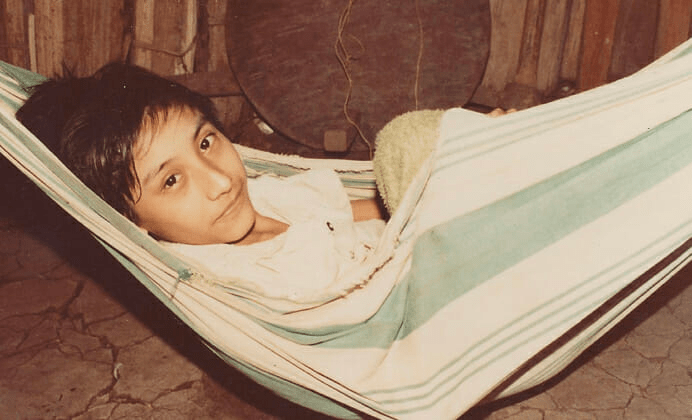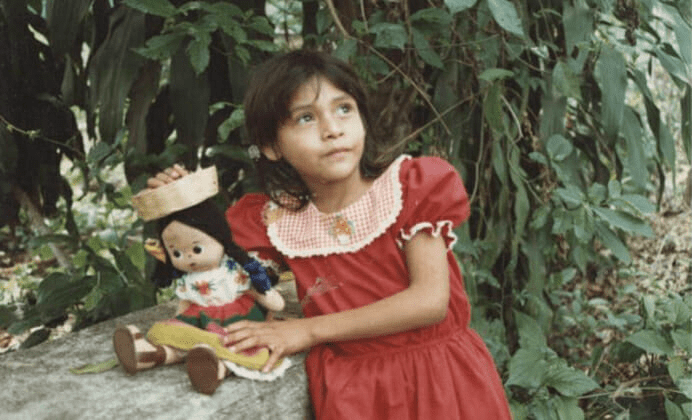Who We Are – Our Mission
We are a faith-based provider of innovative and customizable wheelchairs and assistive technology, offering mobility and freedom to those with complex postural seating needs. We accomplish this through the generosity of benefactors, the help of volunteers and referrers, and by employing local persons and those with limited mobility, as well as their families.
What We Do
Building Assistive Devices
Manufacturing
At Beeline, we design and build durable, modular wheelchairs tailored to each user’s needs. Using locally available materials and innovative construction methods, our team creates chairs that are strong enough for rough terrain yet adaptable for long-term use. Every wheelchair is crafted with care to restore independence and dignity.


Responsible Distribution
Wheelchair Clinics
We don’t just build chairs — we deliver them where they’re needed most. Through wheelchair clinics, our team measures, fits, and adjusts each chair to ensure proper support and comfort. By partnering with hospitals, nonprofits, and community leaders, we reach children and adults across Guatemala and beyond who might otherwise go without mobility.
Supporting Our Neighbors
Local Community Support
Beeline is rooted in community. We employ and train local staff, partner with families, and support ongoing maintenance for the chairs we deliver. By investing in skills, jobs, and relationships, we ensure our impact lasts — strengthening both mobility and the communities we serve.

Our Story
In 1988
While building a boys ranch for a safe haven for teen age boys from high risk areas of the highlands from the civil war, Mark Richard saw a woman on a few occasions crawling across the Pan Am highway. Macaria lost her ability to walk over 25 years before when she contracted Polio as a young girl.
He decided not to make her a promise of a wheelchair to her, as to often well-meaning North Americans make promises they can’t keep. He brought his request to an old friend Carl Durocher who he himself contracted polio when he was 8 years old. As a member of the South Central Wisconsin chapter of The National Spinal Cord Injury Association it was his turn to write an article for the newsletter. He took the liberty to ask for wheelchairs plural rather than one just for Macaria. Within 2 weeks more wheelchairs were collected than there was room on the trailer. So some were given to Carl’s good friend Peter that was the director of the Wisconsin Nicaragua Partners. It was 3 months later when returning to Guatemala with a 5th wheel trailer filled with agriculture supplies from Pennsylvania.
In 1988
While building a boys ranch for a safe haven for teen age boys from high risk areas of the highlands from the civil war, Mark Richard saw a woman on a few occasions crawling across the Pan Am highway. Macaria lost her ability to walk over 25 years before when she contracted Polio as a young girl.
He decided not to make her a promise of a wheelchair to her, as to often well-meaning North Americans make promises they can’t keep. He brought his request to an old friend Carl Durocher who he himself contracted polio when he was 8 years old. As a member of the South Central Wisconsin chapter of The National Spinal Cord Injury Association it was his turn to write an article for the newsletter. He took the liberty to ask for wheelchairs plural rather than one just for Macaria. Within 2 weeks more wheelchairs were collected than there was room on the trailer. So some were given to Carl’s good friend Peter that was the director of the Wisconsin Nicaragua Partners. It was 3 months later when returning to Guatemala with a 5th wheel trailer filled with agriculture supplies from Pennsylvania.
It didn’t take long to give Macaria and 19 others a wheelchair.
By the end on 1989 it was decided to return to the States to establish a nonprofit to bring wheelchairs from Ohio to Guatemala. After making at least 2 trips a year for 2 years under GRACE we merged with Joni and Friends, Wheels for the World. By late 1994, in a shared project with Hope Haven, Hope Haven International was started in Rock Valley, Iowa. Within a few years satellite repair shops were set up in different towns in Iowa, South Dakota and Minnesota. The largest wheelchair refurbishing shop was in the South Dakota State Penitentiary.

Over the next four years, it became clear that there was never enough children’s wheelchairs. During that time, Mark was approached by four students from a senior design class at Dordt College. They needed a design project in order to graduate and were hoping to create a walker or crutch. Mark brought them to the warehouse and showed them 5,000 feet of aluminum tubing donated by KidKart, along with hundreds of new tires, wheels, forks, bearings, and casters donated by various wheelchair companies because they were outdated models or had minor cosmetic defects. He challenged the students to use plastic as a coupler for the tubing to eliminate the need for welding. This challenge marked the beginning of the Hope Haven KidChair.
The KidChair became the most durable pediatric wheelchair for children weighing 20 to 100 pounds with moderate positioning needs. Over the years, Mark and the team continuously improved the design, even working to incorporate a Tilt-in-Space feature. While permanent tilt and recline were successfully achieved for children who required those functions, further refinements continued. After sending 25 chairs to Kenya for a comparison study at Joytown School, conducted by LeTourneau University, it was recommended that a three-wheeled frame configuration be considered.








In March 2018, after 23 years, Hope Haven released Mark Richard to spin off and establish Beeline Wheelchairs as a separate organization. As the Beeline product line expanded, it became clear that the greatest breakthrough was the development of advanced tilt and recline features.

Be Part of
the Next Chapter
the Next Chapter
From donated tubing and spare parts to innovative tilt-and-recline designs, Beeline’s story has always been about turning challenges into breakthroughs. What began as a vision in a warehouse has grown into a platform delivering freedom and dignity to children and adults who need it most.
But we can’t do it alone. Your support helps us continue innovating, building, and delivering life-changing wheelchairs where they’re needed most.
But we can’t do it alone. Your support helps us continue innovating, building, and delivering life-changing wheelchairs where they’re needed most.
